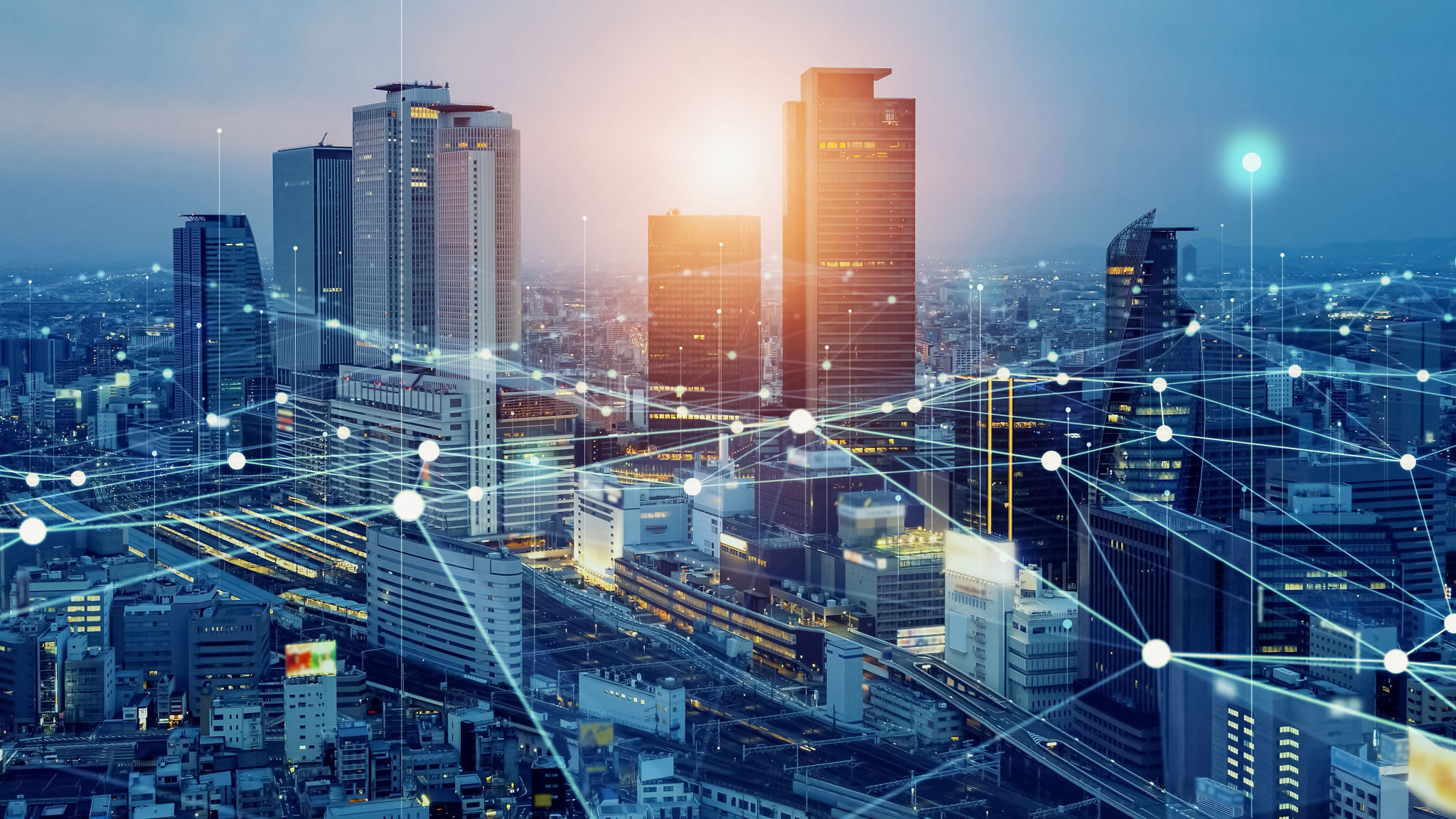Exploring the Role of Technology in Modern Real Estate Development
EC
The Impact of Technology on Real Estate Development
In recent years, technology has profoundly transformed the way real estate development is approached, managed, and executed. With advancements in digital tools and platforms, developers can now streamline processes, enhance accuracy, and ultimately deliver higher-quality projects. From initial planning to post-construction management, technology plays a pivotal role in modern real estate development.
The integration of technology in real estate development not only improves efficiency but also facilitates innovation. Developers are increasingly leveraging digital tools to create more sustainable and energy-efficient buildings, aligning with global trends towards environmental responsibility and sustainability.

Planning and Design
The planning stage of real estate development has been revolutionized by digital tools such as Building Information Modeling (BIM). BIM allows architects and engineers to create detailed digital representations of buildings, enabling them to simulate various scenarios and identify potential issues before construction begins. This technology helps in reducing errors and ensuring that projects are completed on time and within budget.
Moreover, virtual reality (VR) technology is being used to create immersive experiences for stakeholders. This allows potential investors, buyers, and tenants to virtually walk through properties before they are even built, providing a more tangible sense of what the finished product will look like.
Construction Efficiency
During the construction phase, technology enhances efficiency and safety. Drones are being employed to monitor construction sites, providing real-time updates and aerial views that help project managers make informed decisions. This aerial data collection can significantly reduce the time and resources spent on traditional site inspections.

Additionally, the use of robotics and automation in construction is growing. These technologies are used for tasks such as bricklaying and concrete pouring, minimizing human error and speeding up the construction process. As a result, projects can be completed more quickly and safely than traditional methods allow.
Smart Buildings and Sustainability
As technology evolves, there is a growing focus on creating smart buildings that integrate Internet of Things (IoT) devices to enhance functionality and efficiency. These buildings often feature smart lighting, heating, and cooling systems that adjust based on occupancy and usage patterns, leading to significant energy savings.
Developers are also embracing green technologies to construct sustainable buildings. Solar panels, energy-efficient windows, and advanced insulation materials are becoming standard features in new developments. These innovations contribute to reduced carbon footprints and lower operational costs for occupants.

Post-Construction Management
Once a building is completed, technology continues to play a critical role in its management and operation. Property management software allows for efficient handling of maintenance requests, tenant communications, and financial transactions. This software helps property managers streamline operations and improve tenant satisfaction.
Furthermore, predictive maintenance powered by IoT sensors can alert managers to potential issues before they become major problems. This proactive approach helps maintain the property's value and ensures a safe environment for occupants.
The Future of Real Estate Development
As technology continues to advance, the future of real estate development looks promising. Emerging trends such as artificial intelligence (AI) for predictive analytics and blockchain for secure transactions are set to further revolutionize the industry. These technologies hold the potential to make real estate development more efficient, transparent, and sustainable than ever before.
Ultimately, embracing technology in real estate development is not just about keeping up with trends—it's about leading the way towards a more innovative and sustainable future. As developers continue to integrate these tools into their processes, we can expect to see even greater advancements in the quality and efficiency of real estate projects.